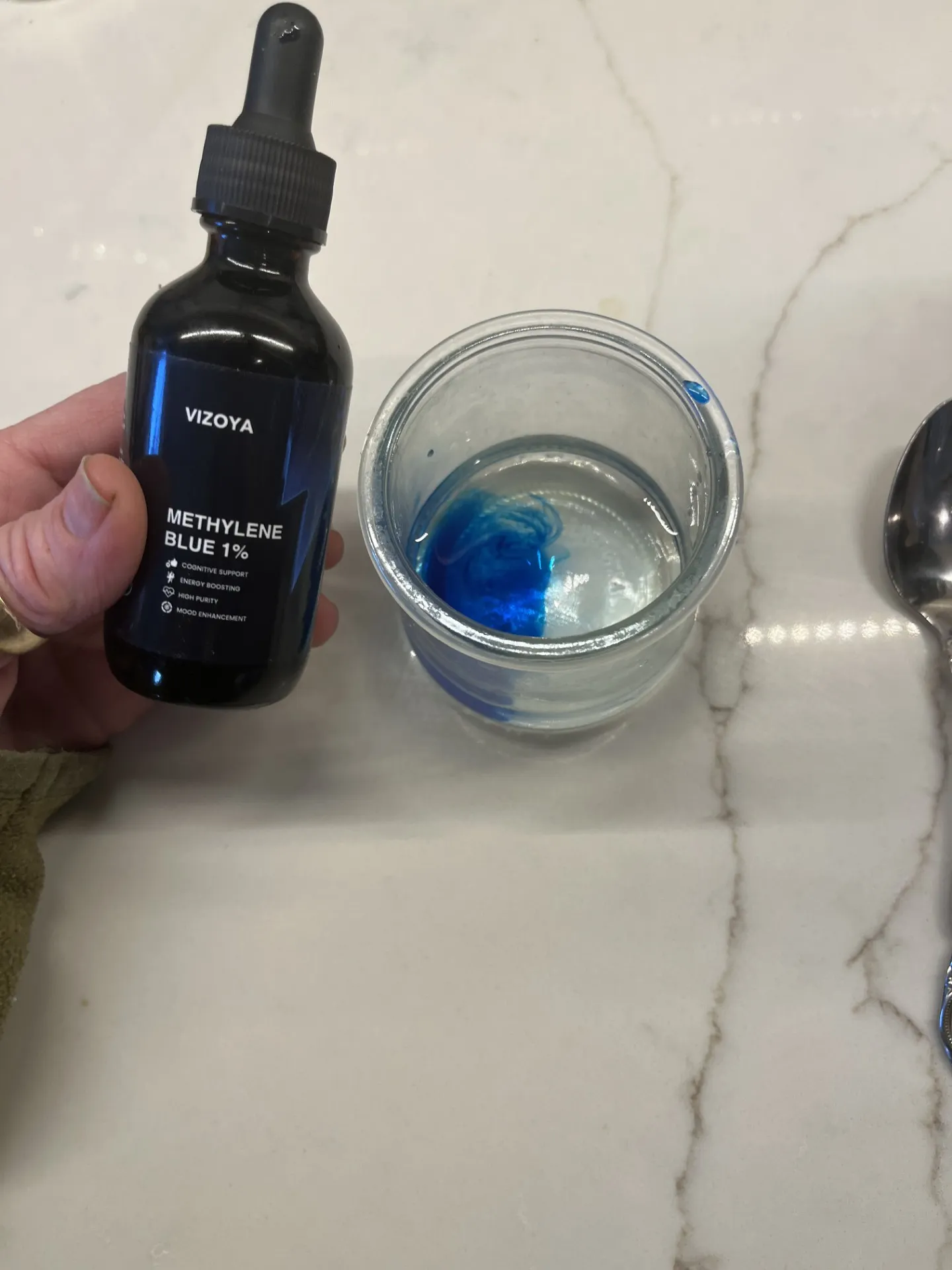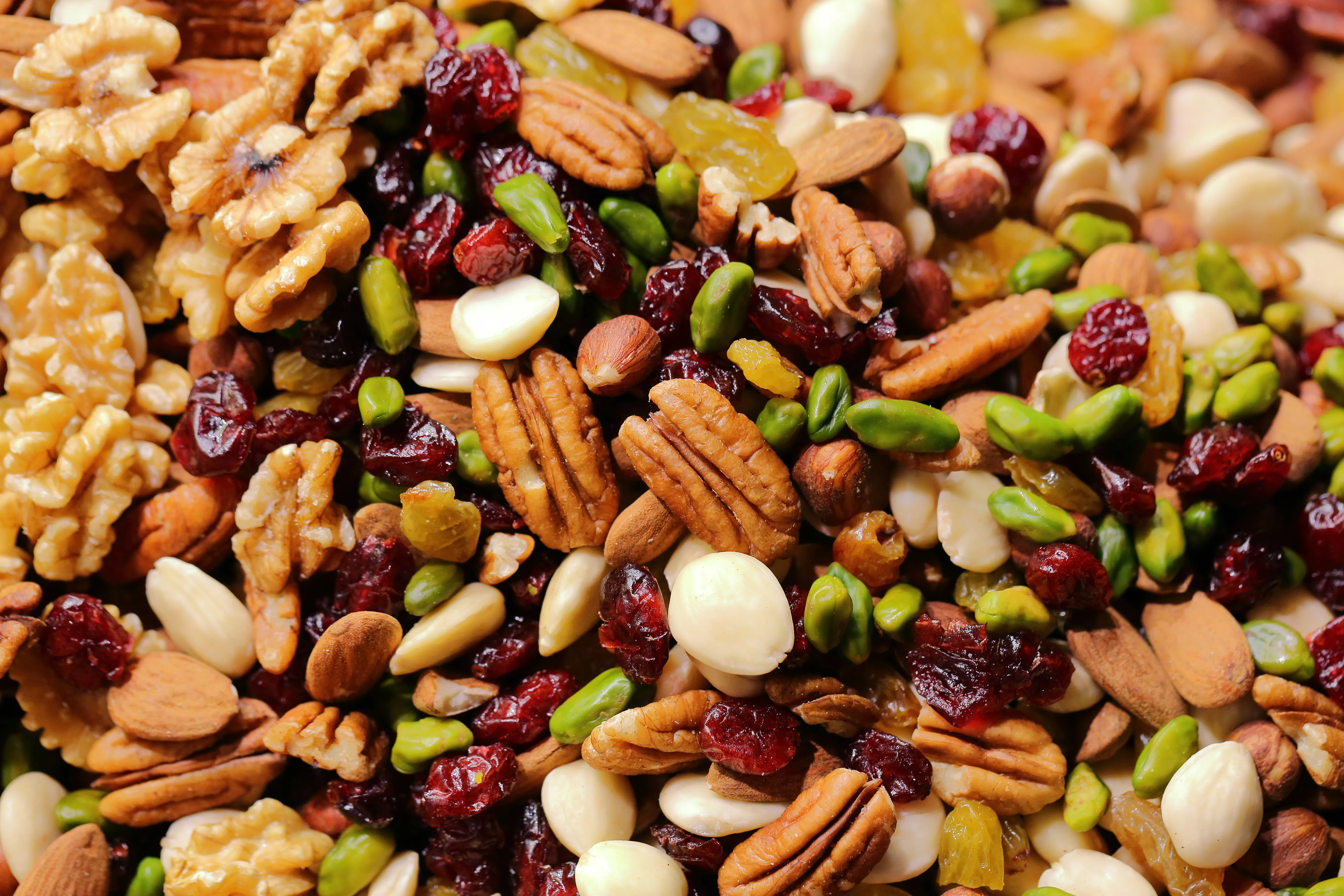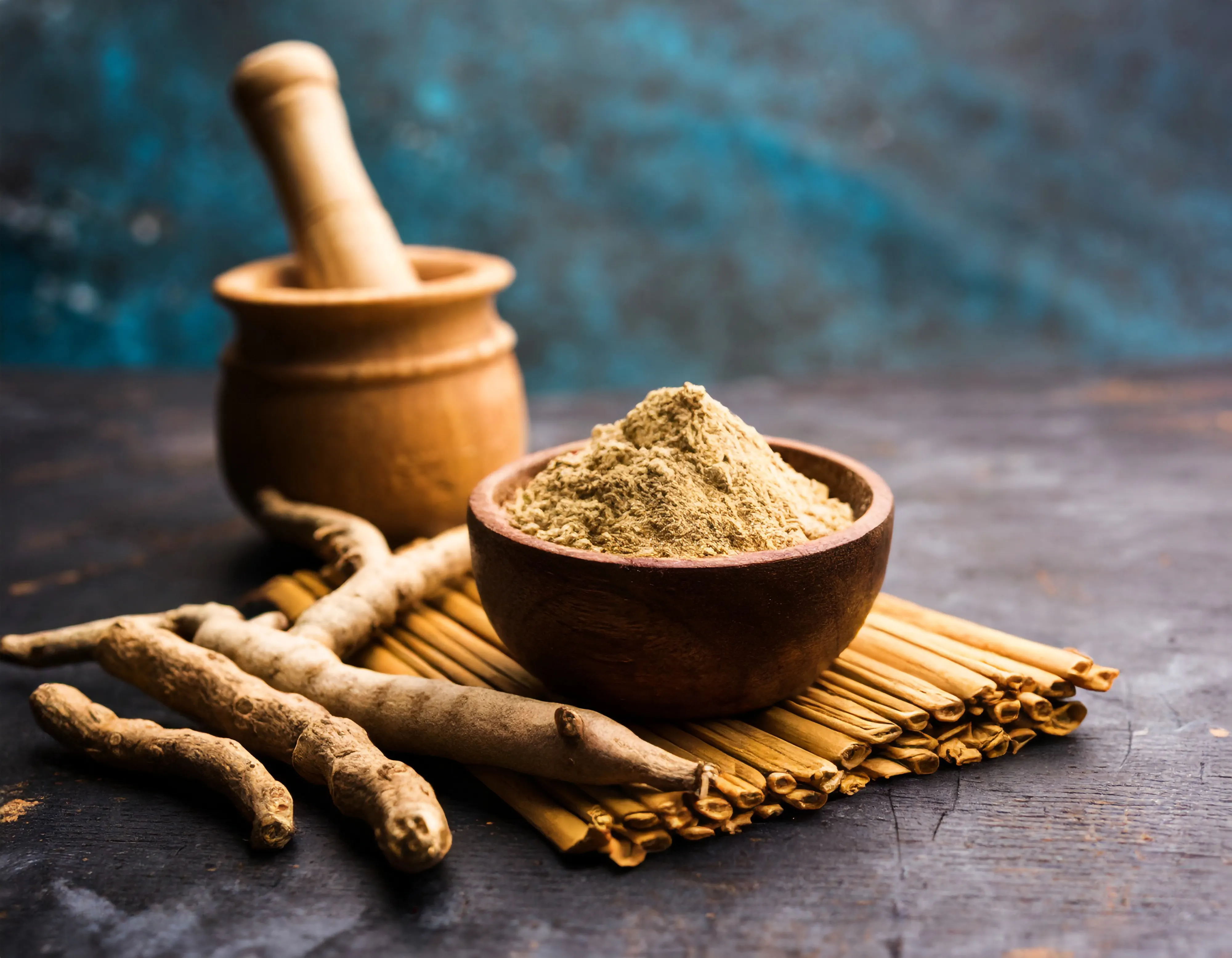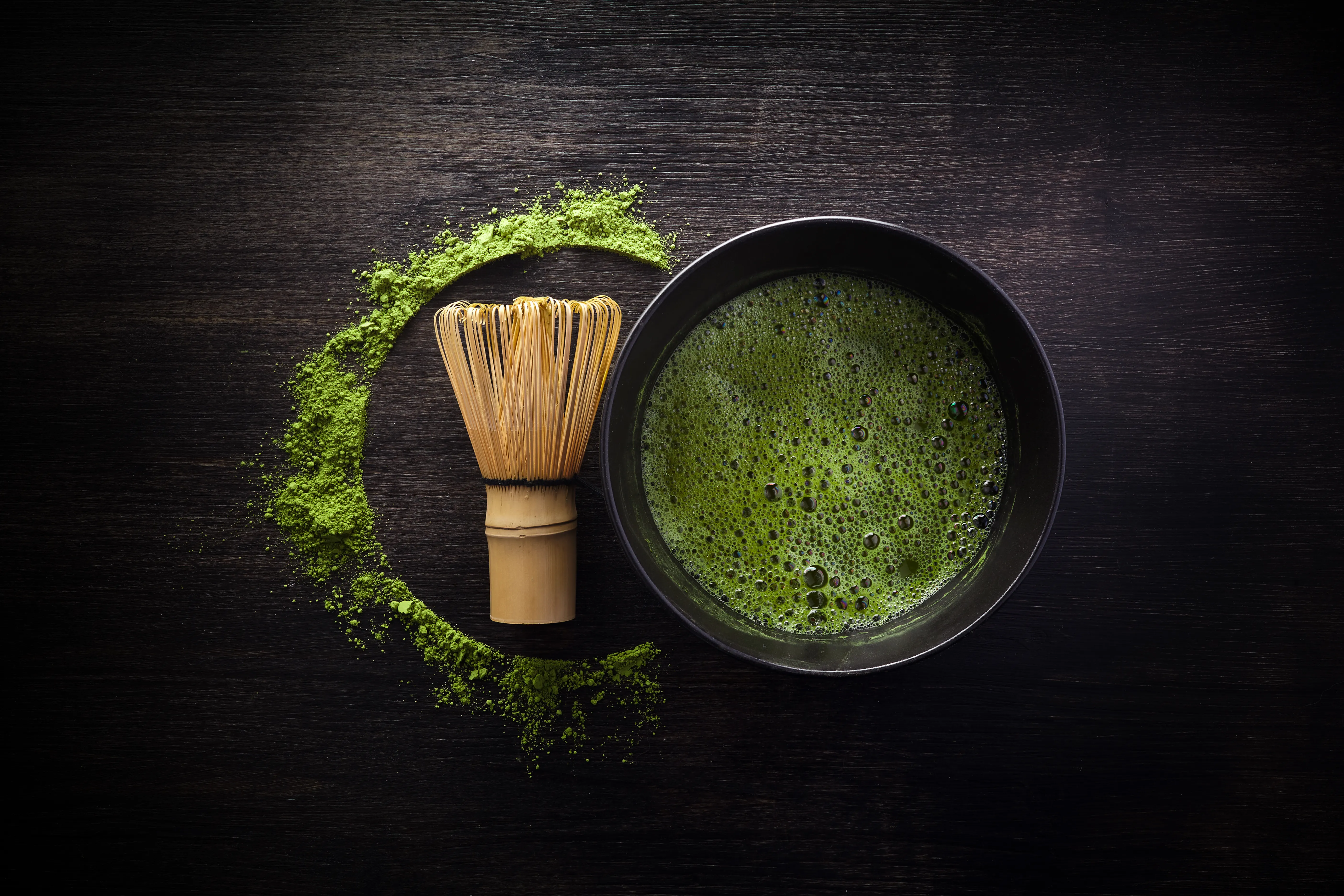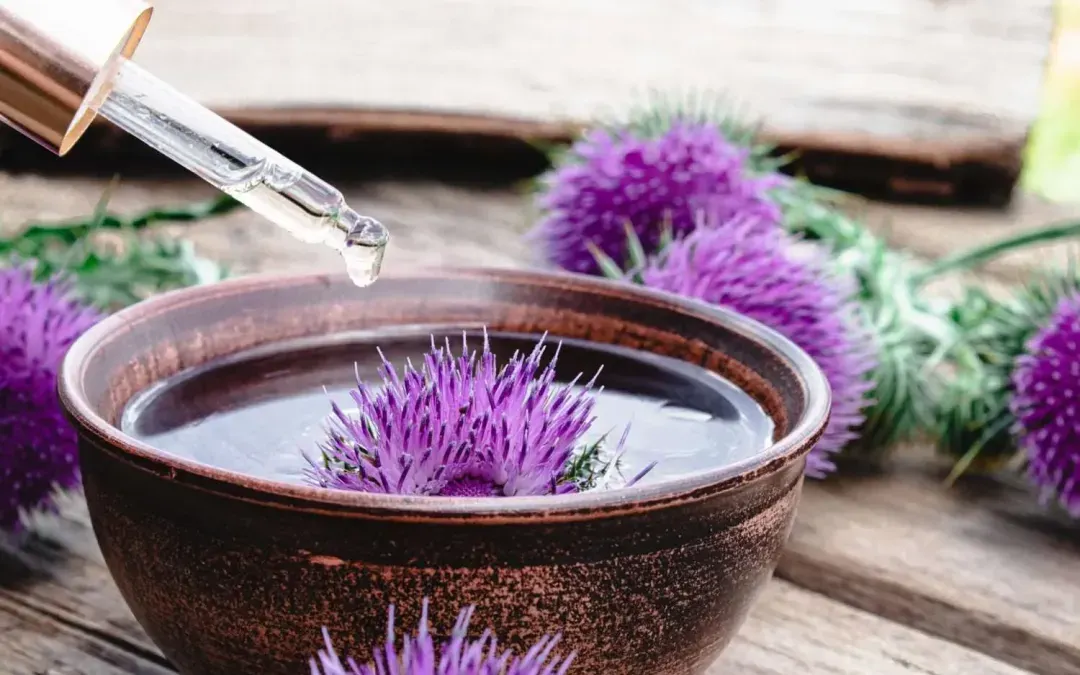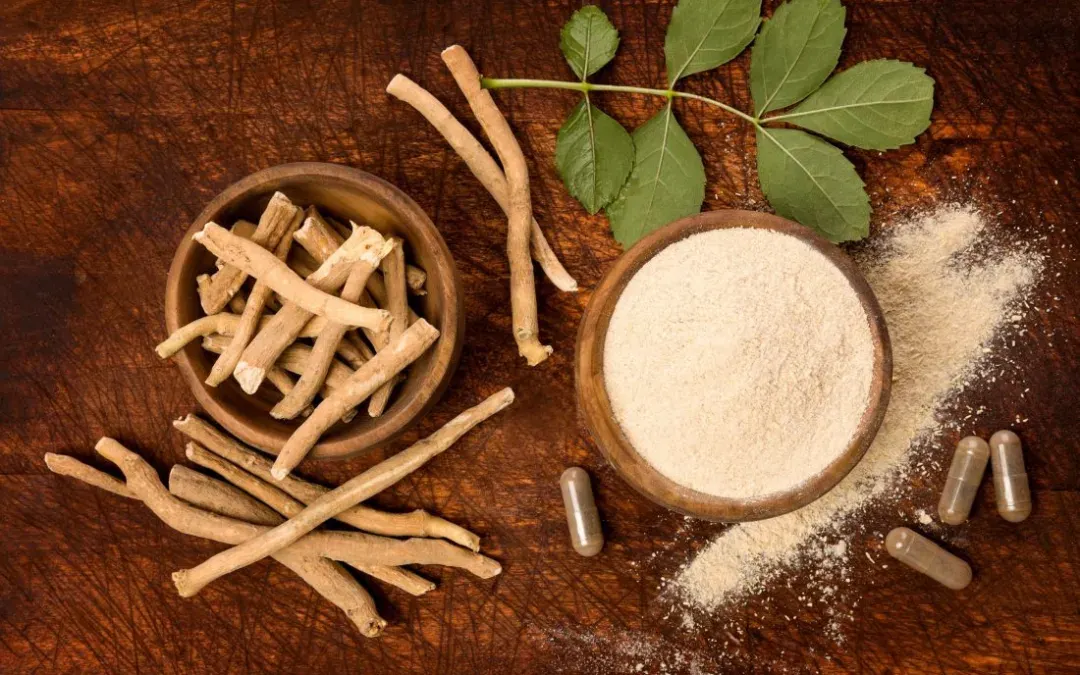Natural Salt and Sugar Alternatives for Health: Celtic Salt and Monk Fruit Sweetener
Exploring the Healthy Alternatives of Celtic Salt and Monk Fruit Sweetener
by Christina Blanchard-Horan, PhD
Can we naturally improve conditions like cancer and high blood pressure?
In the ever-evolving landscape of health and wellness, new trends emerge that capture our attention and pique our curiosity. Two such phenomena that have taken the health world by storm are Celtic Salt and Monk Fruit Sweetener. These natural salt and sugar alternatives are far more than just passing fads; they offer a multitude of benefits that can truly transform our health outcomes. In this blog post, we delve into the remarkable qualities of Celtic Salt and Monk Fruit Sweetener, shedding light on their potential to revolutionize our approach to nutrition and overall well-being.

The Celtic Salt Craze
First and foremost, Celtic Salt has caught the media attention. Celtic Sea salt has risen to fame for good reasons. Beyond its delightful flavor, this unrefined salt boasts an impressive array of 82 minerals, with 24 of them being essential for fundamental bodily functions. These minerals, including sodium, potassium, phosphorus, which is needed to for growth, maintenance, and repair of all of our tissues and cells. If you are recovering from cancer treatment by chemotherapy and radiation, you might want to think about ways increasing phosphorus, as pharmaceutical treatment kills the cells in your body by indiscriminately damaging your cell’s DNA. Phosphorus is important to producing genetic building blocks for both DNA and RNA. Phosphorus is needed to help balance and use other vitamins and minerals, including vitamin D, iodine, zinc and magnesium.
Additional information

Calcium and Magnesium in Celtic Sea Salt
Celtic Sea Salt contains less sodium than other salts, including Himalayan salt. Though Himalayan salt contains more potassium, Celtic salt has more calcium and magnesium. And, speaking of magnesium, Celtic Sea Salt contains magnesium as well. Magnesium plays a pivotal role in how we hydrate our bodies. Magnesium supports nerve and muscle function and balancing of the pH levels within the body. What sets Celtic Salt apart even further from its processed counterpart is that it is a natural source of electrolytes. Unlike stripped-down table salt, Celtic Salt retains its mineral richness, making it an invaluable addition to a balanced diet.

A Water Hungry Molecule
Celtic salt helps your body absorb water because of the minerals it contains. Celtic Sea Salt is the most water hungry of the mineral salts. It is one of the reasons this salt is good for high blood pressure, and cardiovascular health. One scientific article in Food Nutrition in 2017, found that it offers protection against hypertension od kidney damage in rats. Well, it might translate to humans. Anyway, Celtic salt is also the only salt that has no mercury in it, because of where it is harvested, from seawater in the estuaries near the town of Guérande in France.
Wellness Wholeness and Essential Oils
Iodine Content in Celtic Salt
One of the standout qualities of Celtic Salt is its inherent iodine content. Unlike table salt, where iodine is removed during production and then artificially reintroduced, Celtic Salt contains iodine in its natural form. Iodine is essential for thyroid health, a gland that regulates metabolism, energy production, and overall hormonal balance. So if you’ve been tired lately, this may be one way of improving your thyroid health. By opting for Celtic Salt, individuals can effortlessly support their iodine intake, promoting optimal thyroid function and overall well-being.
← The Sacred Duo: Unveiling the Astonishing Health Benefits of Frankincense and Myrrh Essential Oils
How Is Microplastic Toxicity Impacting Your Health →
What are all the minerals in Celtic salt?
Example of batch analysis from one batch of fine ground Celtic Sea salt
Chloride – 52% Sodium – 31% Water – 5.6%
Sulphur – 0.36% Calcium – 0.12% Magnesium – 0.45%
Potassium – 0.13% Boron – 11.8mg/kg Iron – 150mg/kg
Manganese – 10mg/kg Phosphorus – 13mg/kg
In all, it appears that embracing the Celtic Salt craze is a step toward redefining our approach to a natural diet, as this unrefined sea salt offers a treasure trove of minerals including crucial electrolytes, that support hydration, nerve function, and pH balance. Its unique inclusion of naturally occurring iodine sets it apart from processed salts, fostering optimal thyroid health. As we explore the transformative potential of mindful dietary choices, the spotlight turns to Monk Fruit Sweetener—a game-changing alternative to sugar. This natural sweetener not only offers a reduced calorie intake but also boasts blood sugar regulation, anti-inflammatory effects, potential cancer-fighting properties, and oral health benefits. Together, the wonders of Celtic Salt and Monk Fruit Sweetener invite us to embark on a journey toward improved well-being, making each conscious bite a step closer to vitality and balance.
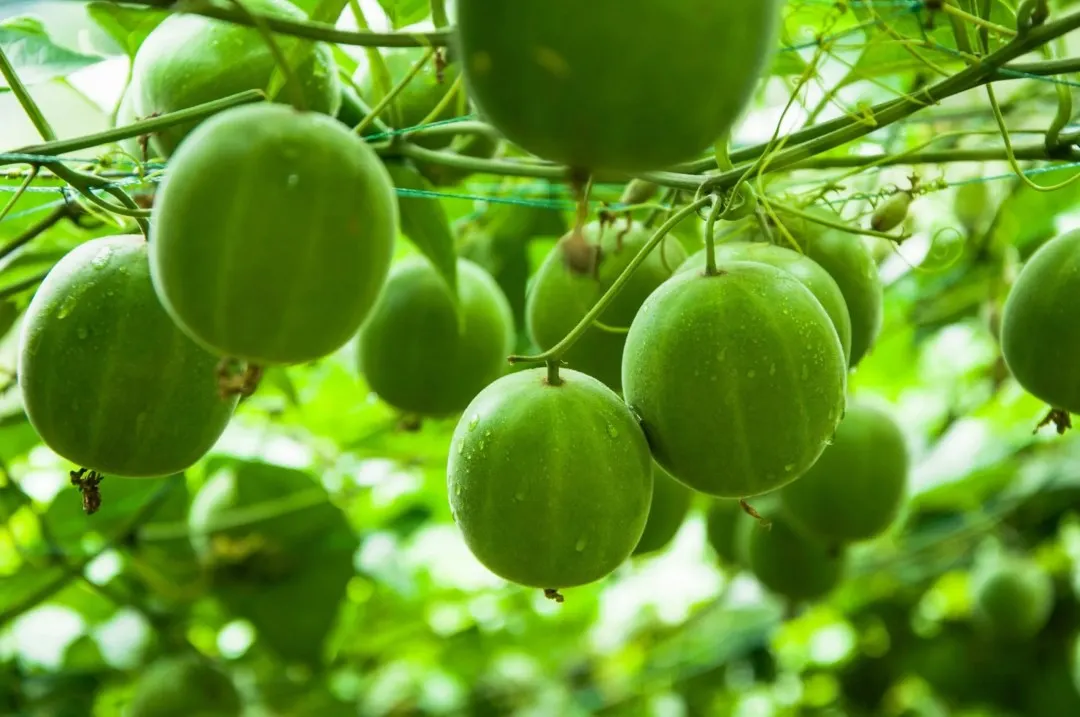
Monk Fruit Sweetener: A Sugar Substitute with a Difference
As the quest for healthier natural salt and sugar alternatives intensifies, Monk Fruit Sweetener has emerged as a game-changer. Derived from the monk fruit, also known as Luo Han Guo, this sweetener stands out due to its unique composition and impressive health benefits. There appears to be no evidence that monk fruit sweeteners cause harmful side effects according to FDA. Here’s why WebMD says Monk Fruit Sweetener is causing such a stir. Here are the five benefits of using Monk Fruit Sweetener:
- Caloric Reduction: Unlike regular sugar, Monk Fruit Sweetener is metabolized differently, resulting in reduced caloric intake. This characteristic makes it an appealing option for those seeking to manage their weight without compromising on sweetness.
- Blood Sugar Regulation: One of the most remarkable attributes of Monk Fruit Sweetener is its negligible impact on blood sugar levels. For individuals striving to maintain stable blood sugar, this sweetener offers a welcome solution, helping to improve glycemic control.
- Anti-Inflammatory Effects: The naturally occurring sweetening agents in monk fruit, known as mogrosides, possess anti-inflammatory properties. These properties can have a positive impact on overall health by combating inflammation, a factor often linked to chronic diseases.
- Potential Cancer-Fighting Properties: Emerging research suggests that mogrosides found in monk fruit may have the potential to aid the body in fighting against cancer. While more research is needed, this promising aspect has piqued the interest of the medical community.
- Oral Health Benefits: Traditional sugars contribute to tooth decay and cavities. Monk Fruit Sweetener, devoid of actual sugar, eliminates this concern, offering a tooth-friendly alternative.
Learn more about the Mystic Transformation Coach – Click Here –
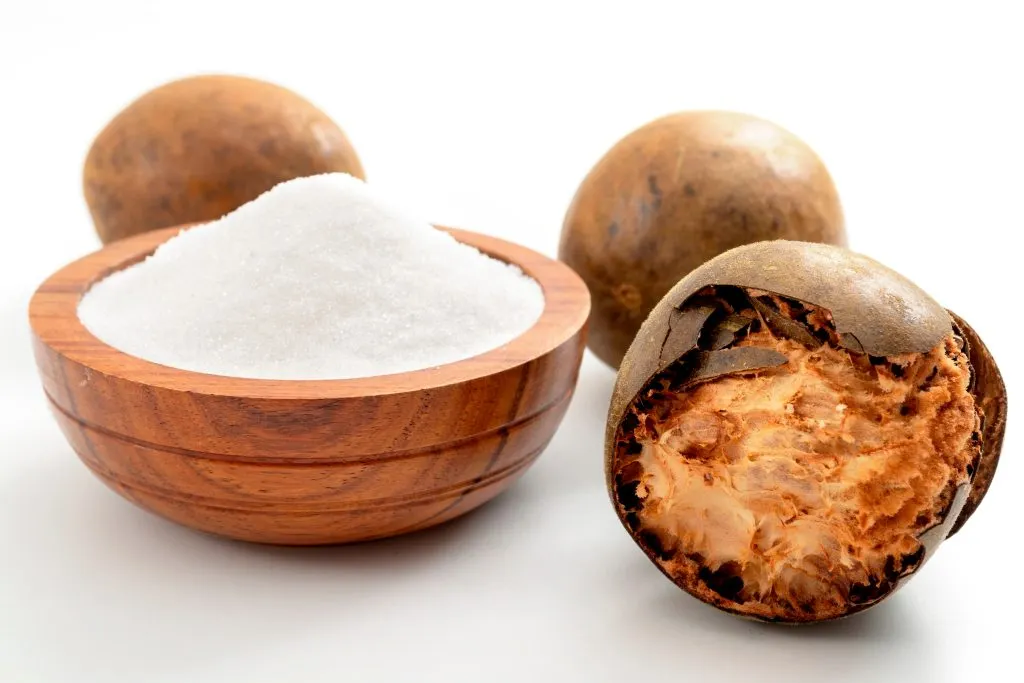
Monk fruit sweeteners potentially offer several health advantages:
Antioxidant Potential: Antioxidants might reduce disease risk for heart disease and some cancers. Preliminary studies in animals indicate that mogrosides derived from monk fruit might possess strong antioxidant properties. However, additional research is required to ascertain the impact on humans. Furthermore, it remains uncertain whether consuming the processed sweetener yields the same benefits as consuming the fruit itself.
Diabetes Management: Animal-based research also suggests that mogrosides could contribute to the regulation of blood sugar levels. Another study’s findings indicate that extracts of mogroside might aid in the prevention of diabetic complications. Nonetheless, these effects await investigation in human studies.
Is there Fake Monk Fruit?
When it comes to Monk Fruit Sweetener, particularly, it’s essential to be vigilant about labels and ingredients. Some manufacturers might compromise the integrity of Monk Fruit Sweetener by blending it with other sugars like maltodextrin or dextrose to balance its taste. To ensure you’re getting the true benefits of Monk Fruit Sweetener, it’s recommended to prioritize products that are labeled as 100% pure and organic. These options provide the assurance that you’re receiving the sweetener’s natural goodness without any additives or fillers. By choosing organic and 100% pure products, not only are you safeguarding your health from potentially harmful additives, but you’re also supporting ethical and sustainable agricultural practices that promote the well-being of both consumers and the environment.
Top of Form
Conclusion
The health and wellness landscape is evolving rapidly, with a growing emphasis on natural, nutrient-rich alternatives that enhance our well-being. Celtic Salt and Monk Fruit Sweetener are shining examples of how we can make mindful choices that positively impact our health. While Celtic Salt provides essential minerals and electrolytes, Monk Fruit Sweetener offers a unique way to satisfy our sweet tooth without compromising our health. By incorporating these remarkable ingredients into our diets, we have the power to redefine our health outcomes and embark on a journey toward vitality and balance.


References
Lee BH, Yang AR, Kim MY, McCurdy S, Boisvert WA. Natural sea salt consumption confers protection against hypertension and kidney damage in Dahl salt-sensitive rats. Food Nutr Res. 2016 Dec 20;61(1):1264713. doi: 10.1080/16546628.2017.1264713. Erratum in: Food Nutr Res. 2017 Mar 20;61(1):1300375. PMID: 28325999; PMCID: PMC5328355. Retrieved 27 Aug 2023 from https://www.ncbi.nlm.nih.gov/pmc/articles/PMC5328355/
Shivani, Thakur BK, Mallikarjun CP, Mahajan M, Kapoor P, Malhotra J, Dhiman R, Kumar D, Pal PK, Kumar S. Introduction, adaptation and characterization of monk fruit (Siraitia grosvenorii): a non-caloric new natural sweetener. Sci Rep. 2021 Mar 18;11(1):6205. doi: 10.1038/s41598-021-85689-2. PMID: 33737610; PMCID: PMC7973523. https://www.ncbi.nlm.nih.gov/pmc/articles/PMC7973523/#:~:text=Siraitia%20grosvenorii%2C%20an%20herbaceous%20perennial,300%20times%20sweeter%20than%20sucrose
Terry J. The major electrolytes: sodium, potassium, and chloride. J Intraven Nurs. 1994 Sep-Oct;17(5):240-7. PMID: 7965369. https://pubmed.ncbi.nlm.nih.gov/35960707/ https://pubm
Stunting Cancer Cell Growth with Natural Cancer Prevention Approaches


